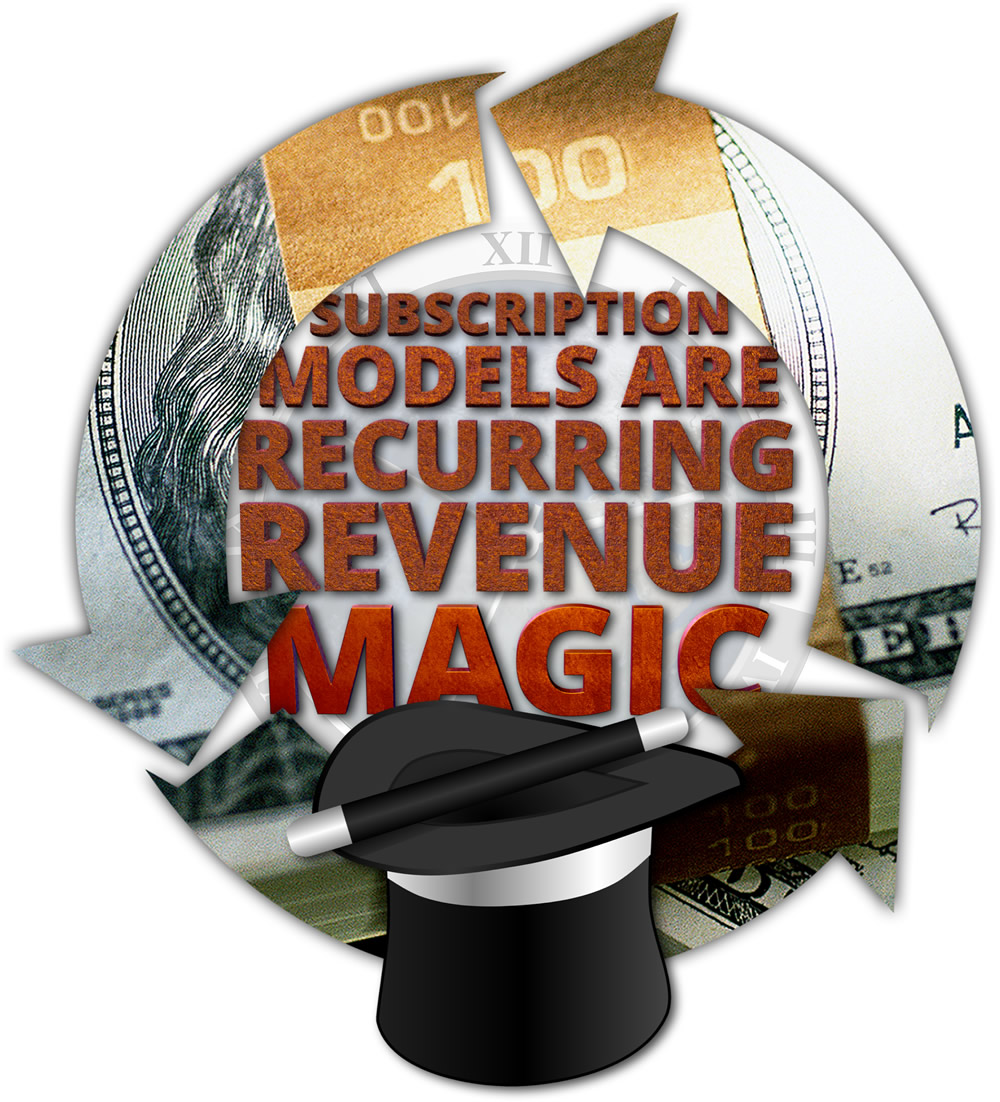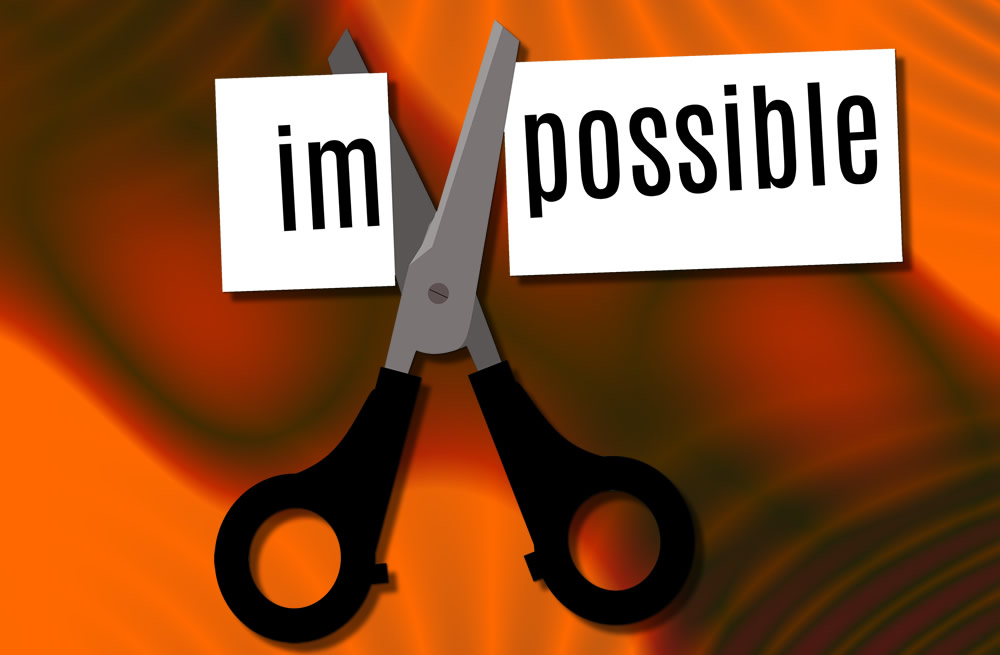Developing An Optimized Marketing & Sales Model to Maximize Profits, Woo Relevant Leads & Move the Masses to Buy Now
- Aug 6, 2024
- The Big Innovations Team
- Palm Beach, Florida

Developing a marketing & sales model from scratch is perhaps the most important thing an entrepreneur can do for his or her new business. The end result is formalizing exactly how your revenue & profit are to be made.
There are MANY considerations that go into doing this right. Engaging marketing & sales expertise like ours is likely to contribute great value compared to trying to do everything on your own. This is especially true when the entrepreneur's background is not heavily grounded in marketing & sales.
For example, if the entrepreneur is the inventor of a product or service, he or she is not automatically best equipped to develop the marketing & sales functions too. If you are creating your next big thing, you should hire or engage a capable team to help you do the  many supporting roles to the fullest. You do the things you are most skilled at doing and your team applies their specialized expertise.
many supporting roles to the fullest. You do the things you are most skilled at doing and your team applies their specialized expertise.
Nobody is so professionally versatile that they are exceptional at ALL jobs. Focus your brilliance where you most shine and leave "the rest" to others with comparable skills at their specialties... so that the upsides in marketing & sales can be realized as fully as possible.
Much too often the inventor wants to wear ALL of the business hats. But they lack the background, experience and specialized competencies to do those other crucial jobs well. Many terrific products & services flop every year due to this very common strategic mistake.
A surgeon may think they know how to do the various nurse's jobs… and the anesthesiologists… and the other specialists involved in an operation. But whether he or she has all of those skills or not, a great team gets the life-or-death task of surgeries done better. If that surgeon doesn't actually know how to do all those jobs correctly, the expertise in the team helps the patient SURVIVE the surgery... before a terrible lesson might be learned in the worst possible way.
If you have a great product or service to take to market or need a campaign to make your year, assemble the best professional talent you can. You might be able to do the whole team's jobs to some degree but wouldn't you rather maximize THIS patient's chances too? There's no entrepreneurial or manager victory if an egomania decision results in a weak campaign or launch flop.
There are ZERO Fortune 500 companies employing only ONE person who does every job. And none of them employ all of their people because they want to waste a lot of money on staff.
When you logically reconcile those 2 facts, it shines a very bright light on the trail ahead. Make good decisions. This one is fundamental and foundational to all subsequent business momentum & upside potential.
AN ENTREPRENEURS OR MANAGERS CHECKLIST OF IDEAL SALES MODEL ANALYSIS FOCAL POINTS
Assembling a great sales model involves end-to-end thinking:
- from where (specifically) are quality leads for our products or services going to come?
- exactly what kind of person or company represents our target market(s)?
- what specific kinds of products or services will this business offer and why should customers be interested in them?
- itemize (then prioritize) specific revenue streams we expect from this business: exactly how will we make money?
- is there anything likely to be important to customers that is uniquely ours... something(s) buyers won't be able to get anywhere else?

- how can we most efficiently qualify leads, so we can put greater focus on top candidates?
- what kinds of marketing creative should we use to attract leads and move them towards becoming customers?
- who are the key (or nearest) competitors and what are they doing to drive sales of similar offerings? What can we take & incorporate from THEIR model?
- what is the best ways to utilize the Internet for our purposes?
- what exactly will each lead experience from first contact to final contact (step-by-step)?
- what specific kinds of efforts will we make to convert each lead?
- how much are we willing to spend on each lead trying to motivate a sale?
- what specific strategies & tactics will we employ to try to nurture relationships and close sales?
- what kinds of marketing, advertising and/or sales creative is required?
- what exactly happens when a lead is converted into a customer and when do those steps occur?
- what specific kinds of interactions will we have with customers?
- what specific kinds of service after the sale will we offer?
- what opportunities to grow revenue-per-customer will exist in this business?
- how can we leverage our customer database to help us realize more sales?
- what kinds of technology & infrastructure is needed for this business?
- what business functions do we want to build up internally and which would we rather outsource to a team like BI?
- could we enter the massive & lucrative mobile app market?
- can we build any recurring revenue features like membership or subscription models into this business?
- what are the legal considerations?
- etc. There are many more. If you don't have definitive answers to nearly ALL of the above, it's one of the reasons to let us help you. This is the kind of stuff always on our minds.
Your sales model should be fully documented almost checklist style for how you will go about luring prospects to take a look, convert prospects into leads, nurture leads towards becoming buyers and what happens after the sale.
leads, nurture leads towards becoming buyers and what happens after the sale.
It is important to spell out HOW your marketing will conjure opportunities to sell and HOW your sales function will actually turn those opportunities into revenue.
Your model will be influenced by factors like time, resources, budget, etc and will almost certainly involve doing more than just building a better mousetrap and hanging an e-shingle up on the world wide web. It must! Global competition and agility will seize upon an innovation waiting for buyers to come discover it, clone it, fire up their own marketing and steal the bulk of what should be YOUR pie.
It's always good to test variables within the sales model for validity and effectiveness. Test marketing the product or service on a small scale is one element of this. A test(s) can reveal weaknesses in your model and/or opportunities to do something(s) better. Selling a few, real customers and then working closely with them can help you polish weak links in the process and identify actual customer applications: how they use it may differ from how you think they will use it. Such discoveries can be invaluable when you scale.
An objective approach to constructing and refining the sales model is vitally important as personal and/or under-informed biases will skew it away from optimal design... which translates to lost revenue potential. That lost potential is not only short-term but also long-term (and up to forever). Let us help you get it right
RAISING MONEY TO START OR ACCELERATE BUSINESS GROWTH
If you need to raise money to go to market you'll minimally need a solid, professional business plan. There are countless entrepreneurs with big ideas in search of backing and a business plan is the business equivalent of an individual using a resume to try to land a job. Consider it the minimum requirement to potentially interest bankers or investors.
If you need to go this way, keep in mind that your plan must impress... as it will have to stand out from a crowd of other professionally-created plans. We were surprised when a source of investor cash we work with showed us how many polished business plans they receive each month (many more than you might expect). He told us that regardless of what the product or service is about, if the entrepreneur doesn't have a great business plan they won't get any consideration at all.
Similarly, if a plan appears cheaply constructed, haphazardly assembled, slammed together that morning, etc, it is also quickly filtered out to the rejection bin. There's simply too much competition serious about raising cash for their businesses. Compete (at least) toe-to-toe or that competition wins the financing you may be seeking.
much competition serious about raising cash for their businesses. Compete (at least) toe-to-toe or that competition wins the financing you may be seeking.
Other tangibles helpful for those needing to raise money involves various forms of media. A good Power Point or Apple Keynote presentation that summarizes the executive summary of the plan is useful, as is an elevator video: a quick, just-the-biggest-highlights rundown of why an investor or banker should be interested in your opportunity. The presentation should run about 5 to 15 minutes while the elevator video should fully play in less than 3-5 minutes (about the time it would take to describe your opportunity while riding with someone in an elevator).
One of the most crucial drivers of financial backing consideration is how much the entrepreneur themselves have put into bringing the business to market. There is a respect hierarchy in play:
- Business plans based only on an idea get little respect. It's probably a waste of your time to even try to woo investor backing on only an idea... even a pretty good one.
- Business plan on an idea fully fleshed out- meaning the product or service is ready to go to market- get more respect. Investors are always more interested in a good investment that offers strong potential for a quick profit. If a product or service is matured so that it can be quickly monetized, that's much more desirable than an idea for a product that doesn't exist at all yet.
- Even greater interest is given to those that have already gone to market, as this proves genuine interest in the offerings from buyers. With tangible proof of concept, potential investors see less risk and are thus more easily motivated to want to invest. This entrepreneur not only has a product or service already making money but also proof of demand for that product in hard numbers. Investors are able to see both a quick ROI and have a sense of how much they can make.
Prospective financial backers are MOST interested when the entrepreneur is heavily invested in their own business with their own money.
A would-be entrepreneur asking an investor to take all of the financial risk in going to market is either going to end up having to sign away nearly all of the upside potential or they are not going to get any backing. An entrepreneur that is heavily (financially) invested in their own business has a big, personal stake in the plan working out as described: such opportunities get much more serious consideration because the latter really NEEDS the business to be a success, while the former doesn't have much to lose if it doesn't work out. Put yourself in the investor's shoes: if you are them, which entrepreneur would you want to back?
ENGAGE OUR EXPERTS TO CONSTRUCT & REFINE THE MONEY-MAKING BUSINESS VARIABLES THE RIGHT WAY

Our team has deep experience with all of the business growth disciplines. As such, we can help you develop a marketing & sales model from scratch, superior to what any individual can create on their own. Our diverse network of specialist contractors can lend niche competencies to help best answer questions like the small sampling shared near the top of this page.
We can also work with the entrepreneur looking for financial backing... helping develop an impressive plan & related materials & media, then shop the opportunity to targeted investors or bankers... or even lead or participate in the road show.
Yes, going it alone is cheaper but also thoroughly disadvantaged. If you really have a "next big thing," you should engage expert talent to help you monetize it to the fullest.
- Edison didn't personally build every light bulb nor cover every function at General Electric.
- Henry Ford didn't personally build each car, nor do every function at Ford.
- Colonel Sanders didn't personally cook up every bucket of chicken.
- Steve Jobs didn't personally handle every business function at Apple.
- The guys behind Google engaged several talented teams long before Google went public.
- Jeff Bezos isn't sourcing, promoting and boxing every single Amazon order.
- There's not only one pilot on Airline payrolls exclusively flying ALL of their planes.
- Mark Zuckerberg isn't the lone employee at Facebook.
- Your UPS delivery person is not the same one that delivers UPS packages to us.
- Flo is not the only employee at Progressive.
- Lily doesn't do all of the jobs at AT&T.
...and so on. ALL big business success stories are not built upon one guy or gal doing everything. We would love to help you develop an amazing marketing & sales model. Contact us for a FREE CONSULTATION












